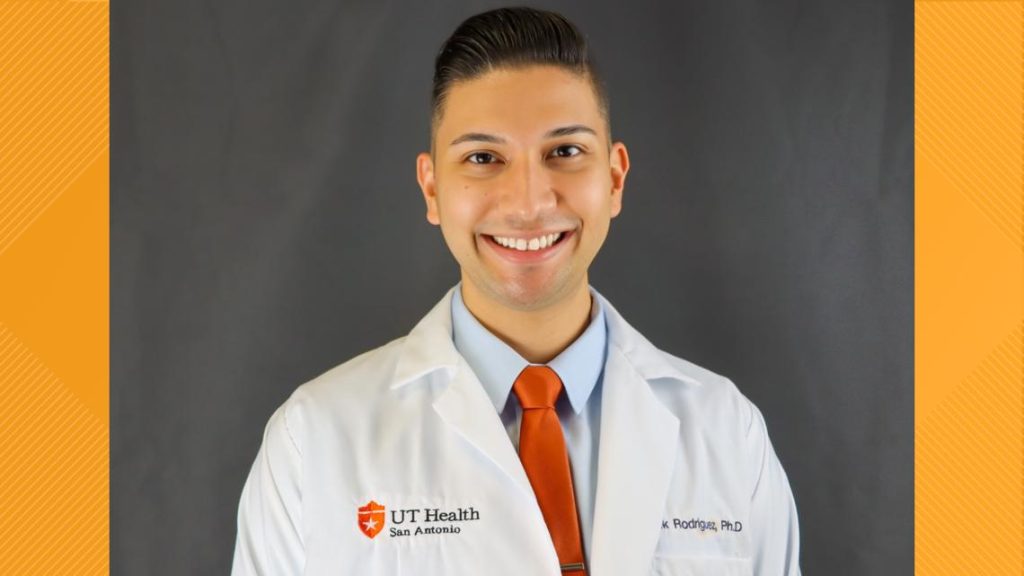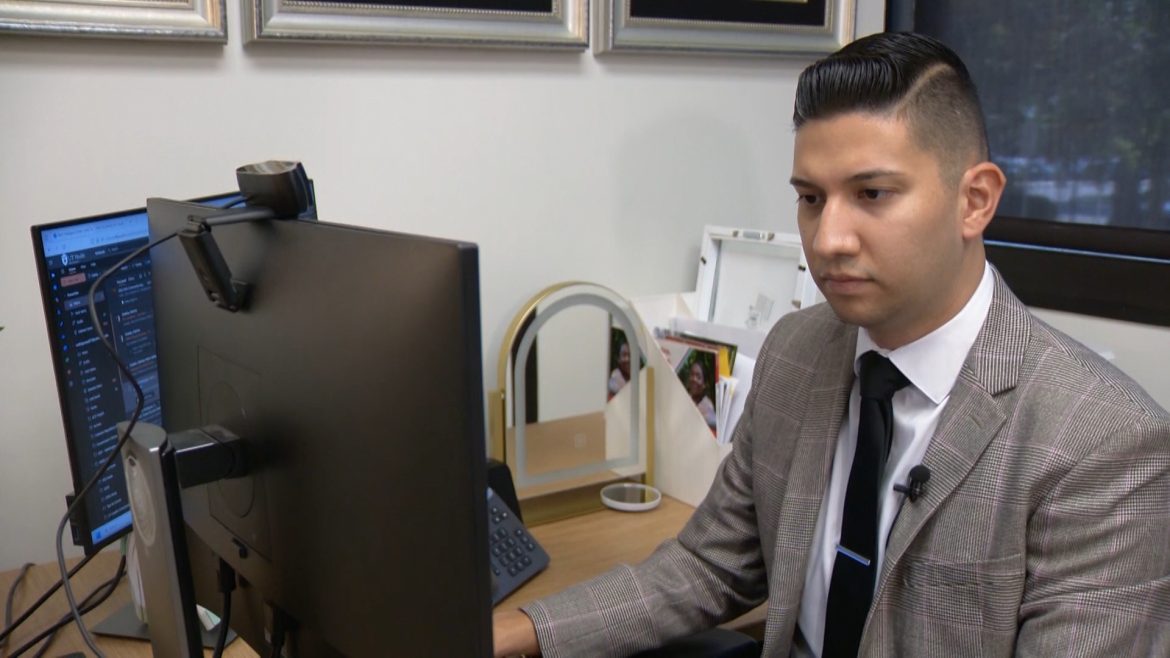A research team at UT Health San Antonio is leading a pioneering effort to understand the experiences of Hispanic and Latino cancer survivors.
Senior clinical research scientist Derek Rodriguez heads the study, Avanzando Caminos (Leading Pathways), which aims to enroll 3,000 participants.
The project focuses on cancer survivors in South Texas and South Florida—two regions that reflect the diversity within Hispanic and Latino communities.
Researchers are examining how biological, social, and mental health factors influence recovery and long-term quality of life.
Rodriguez emphasizes the importance of addressing the distinct challenges Hispanic and Latino survivors face compared to non-Hispanic white populations.
Researchers are collecting detailed information on participants’ health, lifestyle, and social environments. This data will help them identify patterns in health outcomes and design targeted interventions that better support survivors in these communities.
The study also explores how cultural beliefs, behaviors, and psychosocial factors shape the recovery journey. Through these insights, researchers aim to understand how culture influences resilience, coping, and access to care after treatment.
Funding from federal grants and private foundations supports the Avanzando Caminos study, underscoring the urgency of improving survivorship care for Hispanic and Latino populations.
The research team expects to produce findings that could shape future healthcare policies and inform programs designed for minority cancer survivors. Insights from the study may guide hospitals, clinics, and community organizations in creating more responsive care systems.
The team continues to encourage cancer survivors in South Texas and South Florida to participate. Their involvement ensures the study captures a broad range of experiences and fosters community engagement in health research.
As the study progresses, UT Health San Antonio will share results with the scientific community and the public. The findings aim to strengthen national efforts to reduce health disparities and enhance cancer survivorship across diverse populations.


